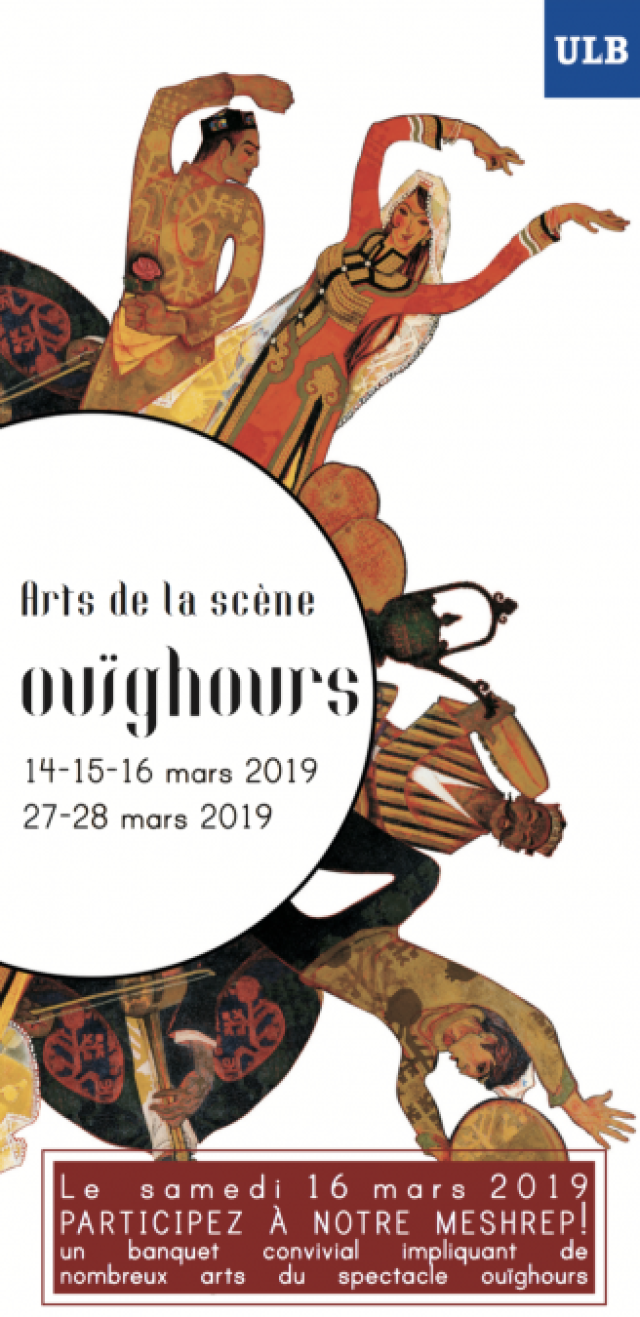Conference "Uyghur Muqam traditions: from dervish songs to national canon"
27/03/2019
par Rachel Harris, Research Co-ordinator for the School of Arts at SOAS, University of London
Organisé dans le cadre du cours ORIEB455 Arts de la scène en Asie et de la Chaire Asie EASt-GENEsYs
In this lecture, Rachel Harris introduces Lydia Goehr’s notion of the Uyghur musical canon and shows how the politics of the 20th century underpinned the creation of it. The Twelve Muqam repertoire performed by Uyghur musicians today is deeply rooted in local forms of Sufi practice. Parts of the repertoire are still today (or were up to the present crackdown) performed as part of the ritual gatherings of Sufi groups, and until very recently were sung by ashiq (wandering dervishes) at shrine festivals. How did this repertoire find its way onto China’s national stage? What transformations did it undergo in the process? How do the religious traditions co-exist with the national icon? Rachel Harris is Reader in the Music of China and Central Asia, and Research Co-ordinator for the School of Arts at SOAS, University of London. Her research focuses on musical life in China’s Muslim borderlands. She has co-edited several volumes including the music textbook Pieces of the Musical World (2015) and Theory and Practice in the music of the Islamic world (2017), and she currently edits the Routledge SOAS Musicology Series. She also works with various outreach and applied projects relating to Central Asian and Chinese music. She led the Leverhulme Research Project ‘Sounding Islam in China’ (2014-2017) and is now working on a new monograph Soundscapes of Uyghur Islam. She is currently working with Turan University in Kazakhstan on a British Academy Sustainable Development Project to revitalise Uyghur cultural heritage in the diaspora. Mercredi 27 mars 2019 de 10h à 12h Salle UB.4.128 Bâtiment U - Porte B - 4e Niveau Campus du Solbosch Entrée libre
